- 14 Posts
- 7 Comments

 1·3 months ago
1·3 months agoIt seems there is a misunderstanding. To be clear, this is what I mean:
┌───────────────────────┐ │ Browser │ └───────────────────────┘ ▲ │ port 443 open │ │ ┌────┼──────────────────┐ │ Proxy (traefik) │ └───────────────────────┘ ▲ │ │ web port open to proxy │ │ ┌────┼──────────────────┐ │ DBgate (in docker) │ └───────────────────────┘ ▲ │ │ │ ┌────┼──────────────────┐ │ Database │ └───────────────────────┘This way DBgate serves the web app to the browser, but also acts as a ‘backend’ which connects to the database. This way my databases are not exposed to the web, only the proxy is, which handles domain name routing and http traffic.

 1·3 months ago
1·3 months agoAre you sure? Because thats how dbgate works, and I thought this was similar.

 1·3 months ago
1·3 months agoWell, I assume there is a backend which takes care of securely connecting to the databases. That way I can connect the backend to the internal network where I can connect to the database, and without exposing the database port still use this from the browser.

 3·3 months ago
3·3 months agoDeterministic DDL Export - Replaced AI-based export with native SQL generation
Much better. Now it works for my case, which it didn’t before.

 4·3 months ago
4·3 months agoIf anyone got this running in docker for example, I like to hear from you ;)

 0·4 months ago
0·4 months agoStrange, I’m pretty sure I did fill in the url. Or does attaching a picture change the post type so the url is not taken into account?
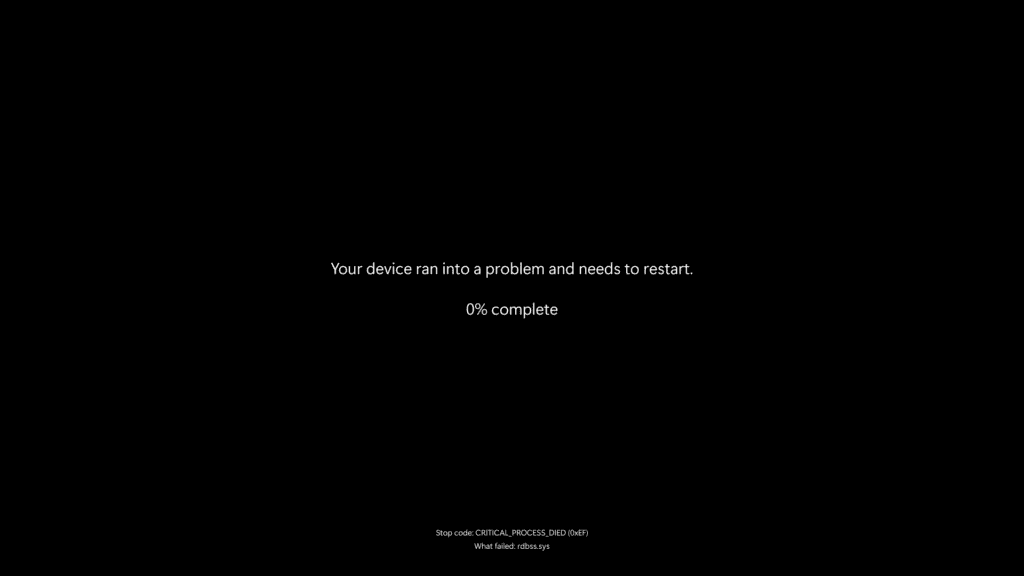

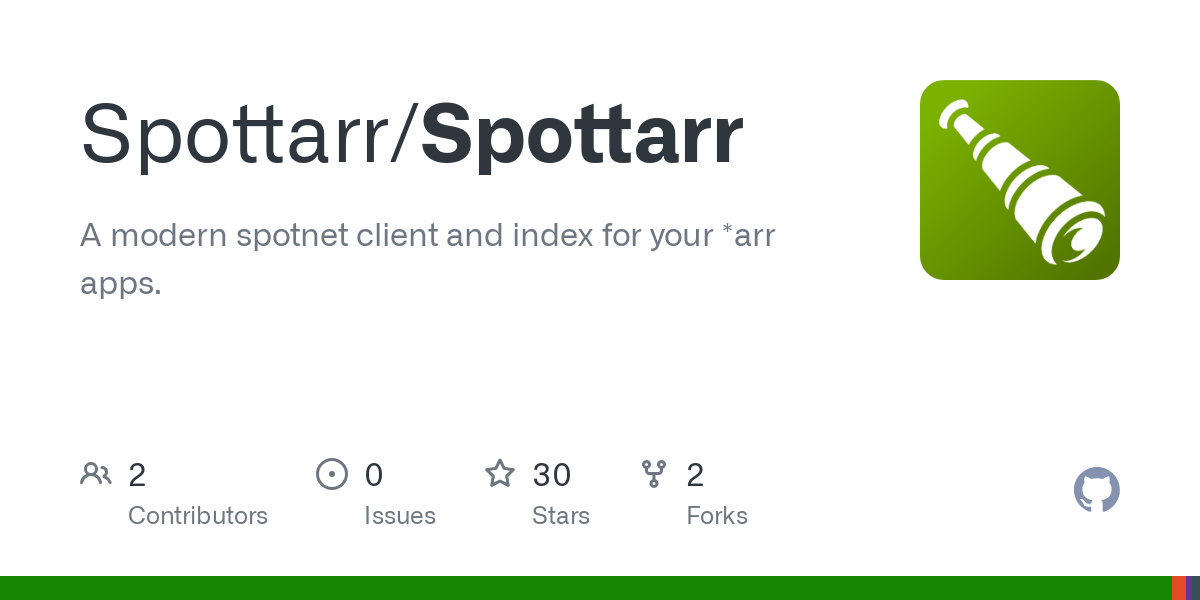

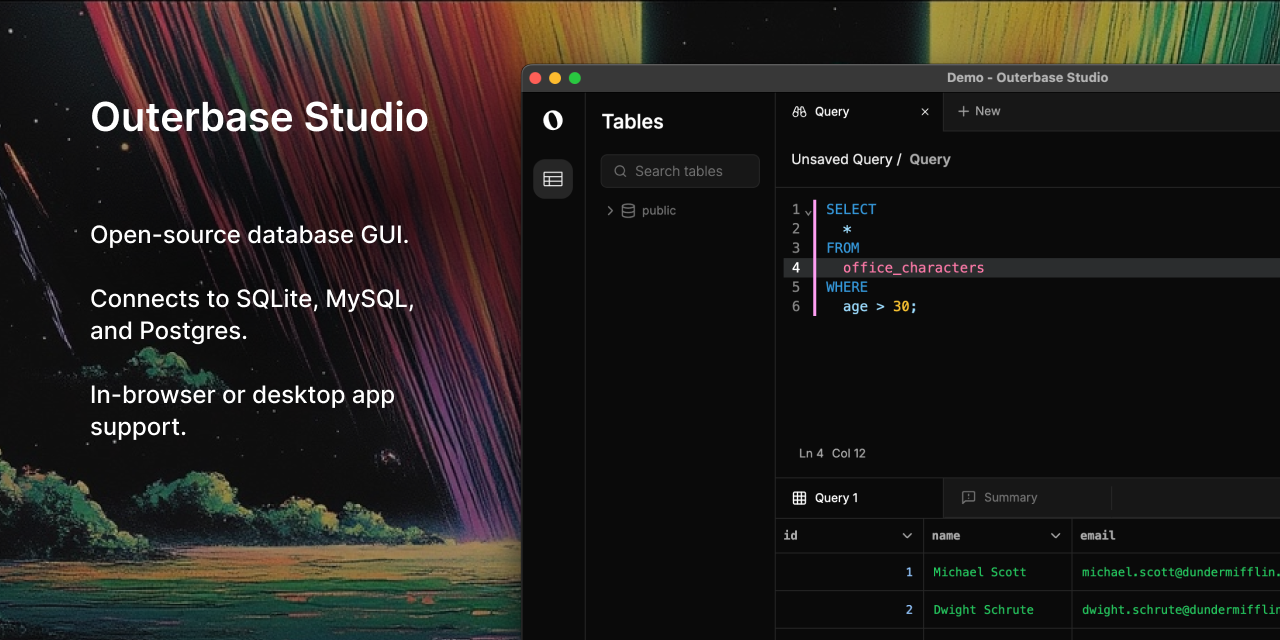
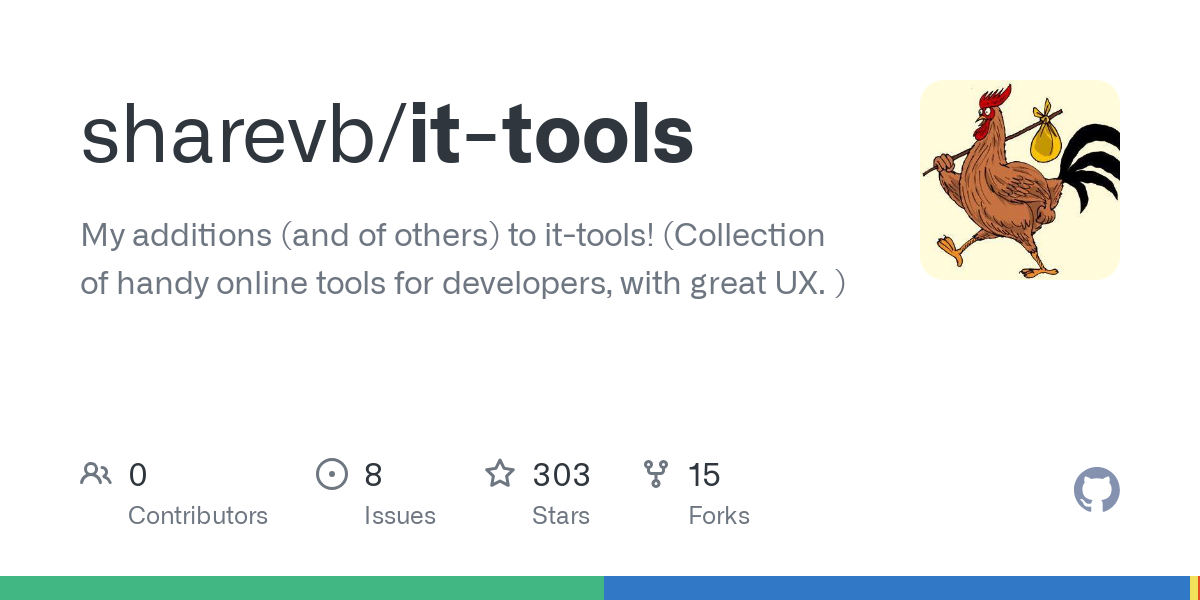
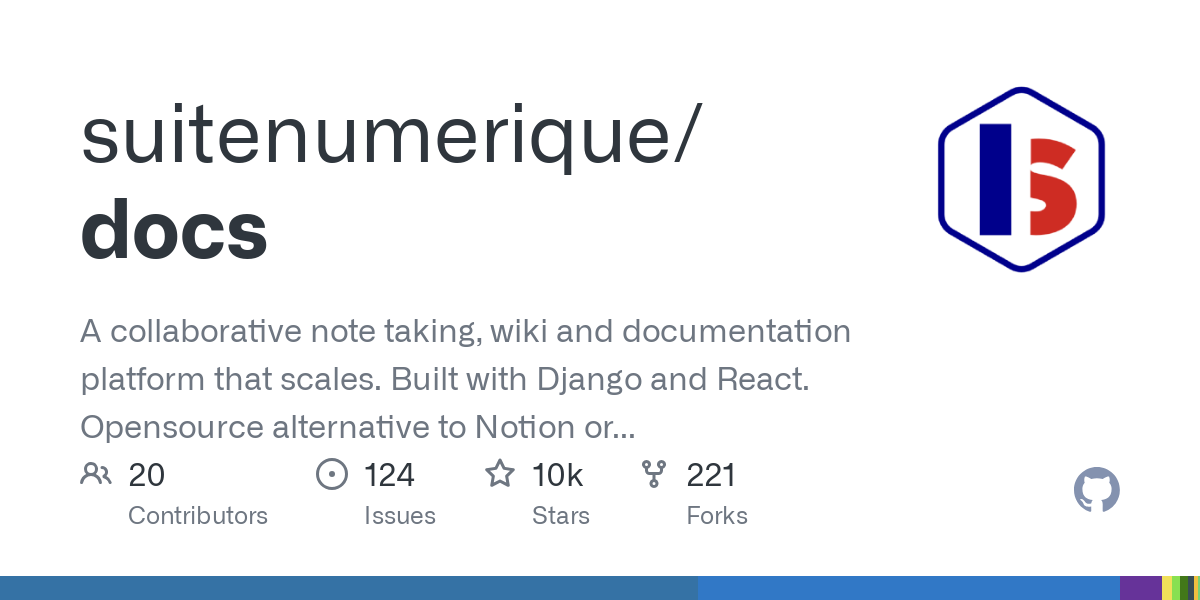
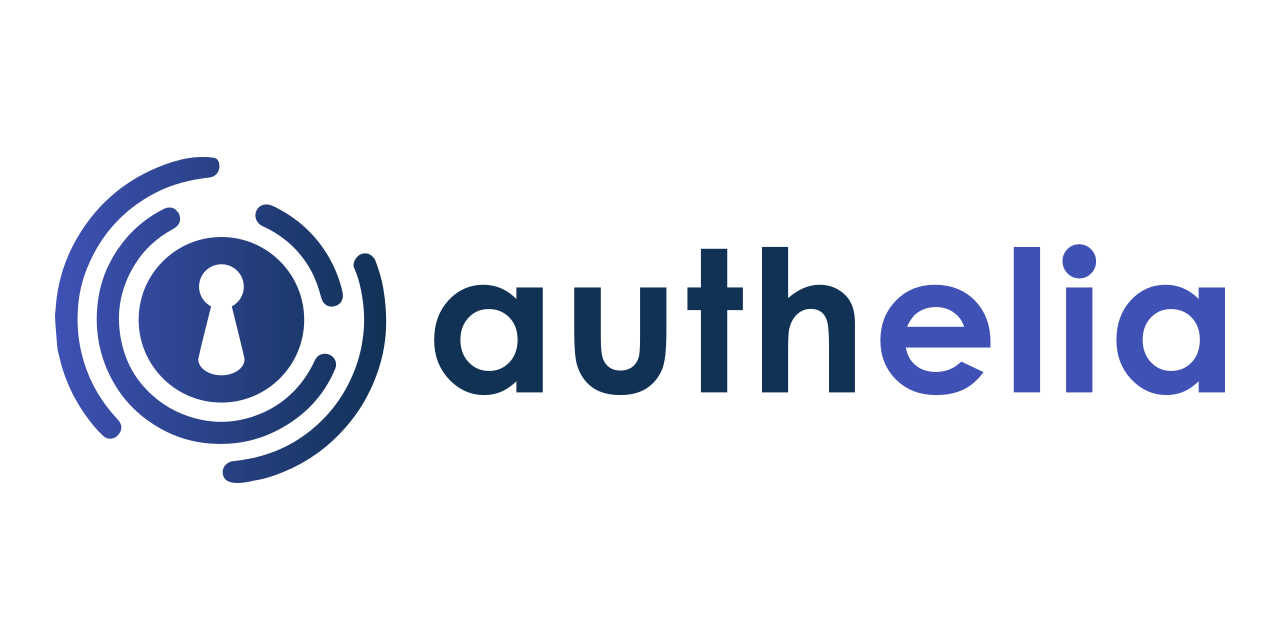
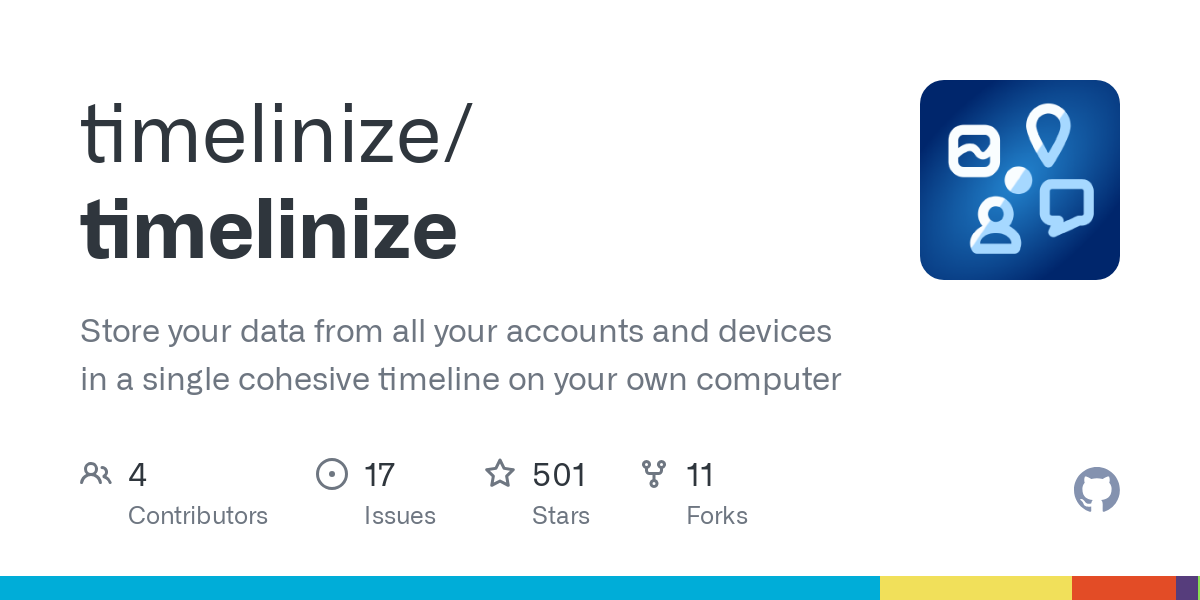
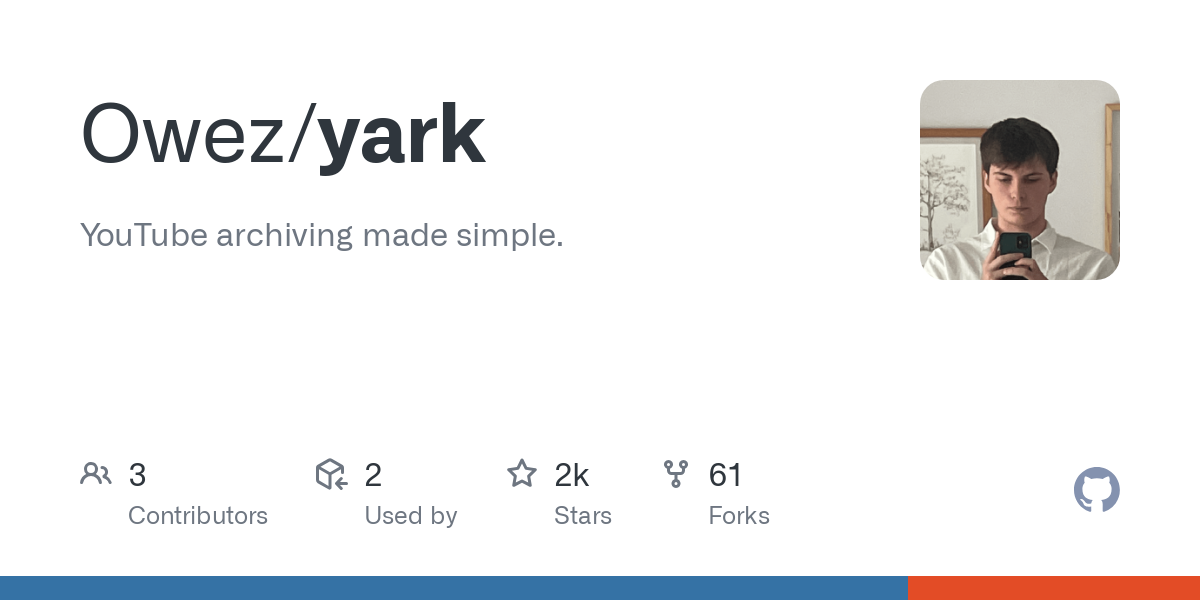
For me this begs the question, why does this question always come up in selfhosted communities? ;)
For me I like self-hosted apps because I switch between desktop and laptop, and some tools are nice to have on a phone too. This way I pull it in-house, and can use it everywhere. Besides that, there are two other laptops in the house and if I am using those I have the same tools available as well. It its something I need to help the kids with, and they need to use it more often they too can use it regardless of device. Plus its one less thing to install when setting up a new device.